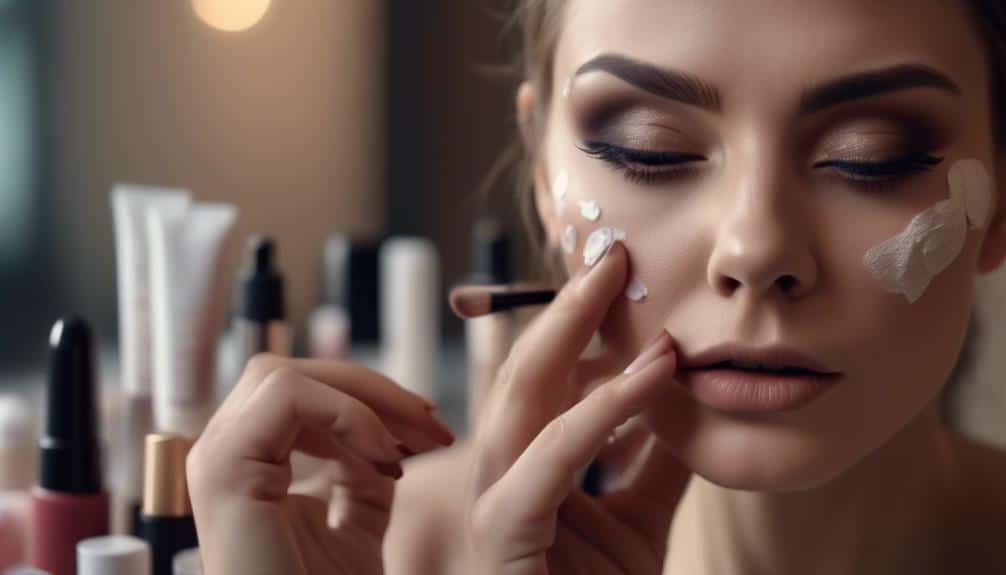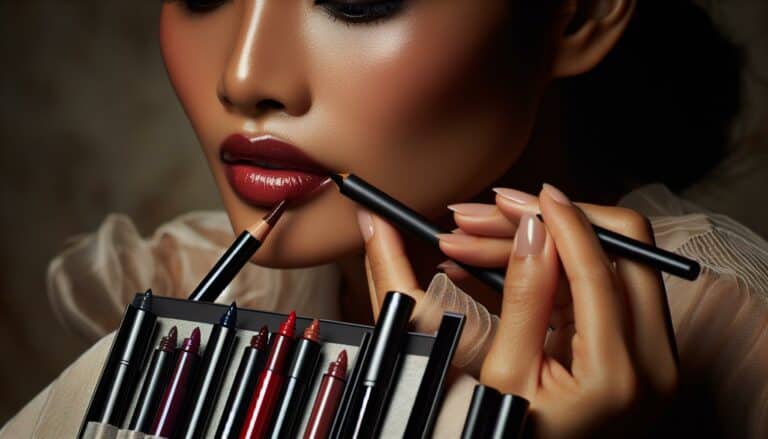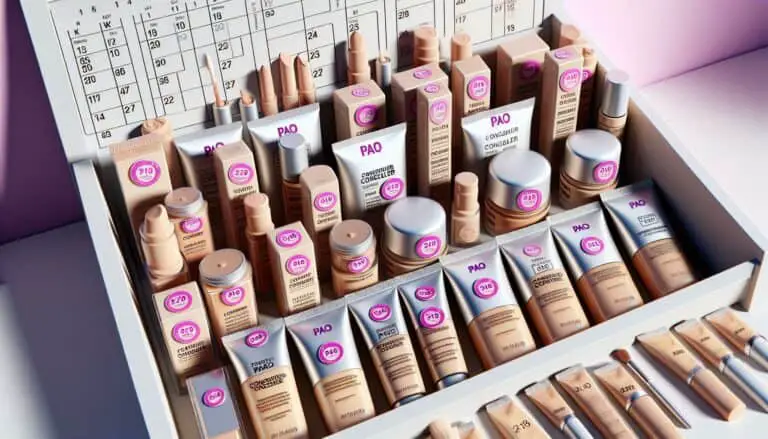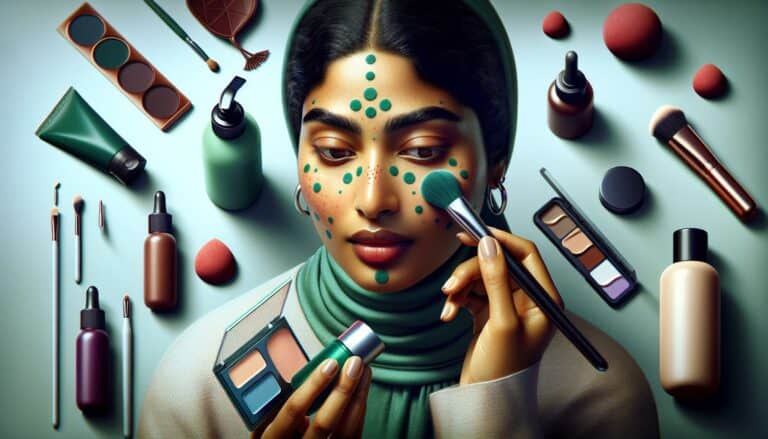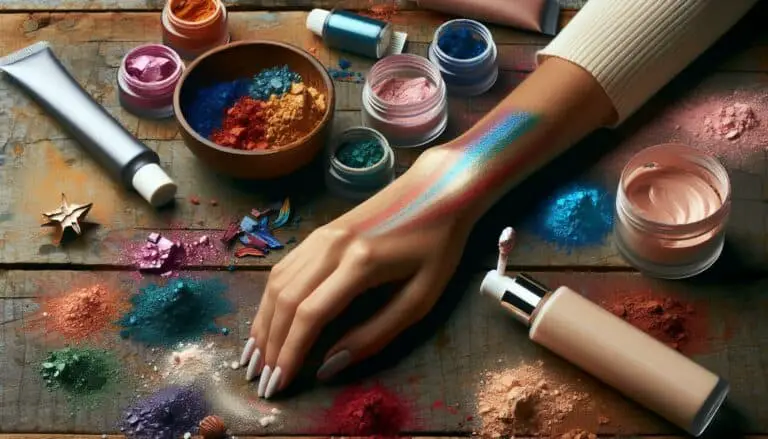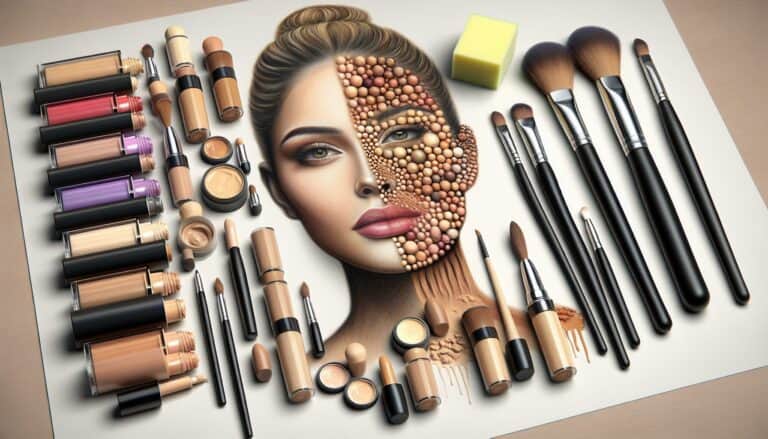Why Do My Eyes Water When I Wear Makeup
Like a delicate flower caught in a rainstorm, your eyes water uncontrollably the moment you apply makeup, turning what should be a confidence-boosting ritual into a frustrating ordeal. You're not alone in this struggle; many share your plight, searching for answers amidst a sea of cosmetic products and internet advice.
The culprits behind your watery eyes can range from common irritating ingredients in your makeup, like certain preservatives or fragrances, to more personal factors such as application mistakes, allergic reactions, eye sensitivity, or underlying health issues. Understanding these factors requires a blend of personal insight and professional knowledge, a journey that's both intricate and enlightening.
By exploring these aspects further, you'll uncover not just the reasons behind your discomfort but also practical preventive measures and solutions that could transform your makeup experience. So, why let this issue blur your vision of beauty any longer?
Key Takeaways
- Irritating ingredients in makeup, such as preservatives, fragrances, alcohol, and talc, can cause watery eyes and eye irritation.
- Choosing hypoallergenic or sensitive skin-friendly products can minimize eye irritation.
- Proper removal of eye makeup is crucial to prevent eye irritation.
- Contact lenses can exacerbate eye sensitivity, so it is important to choose makeup labeled as safe for contact lens wearers and regularly clean and replace contact lenses.
Common Irritating Ingredients
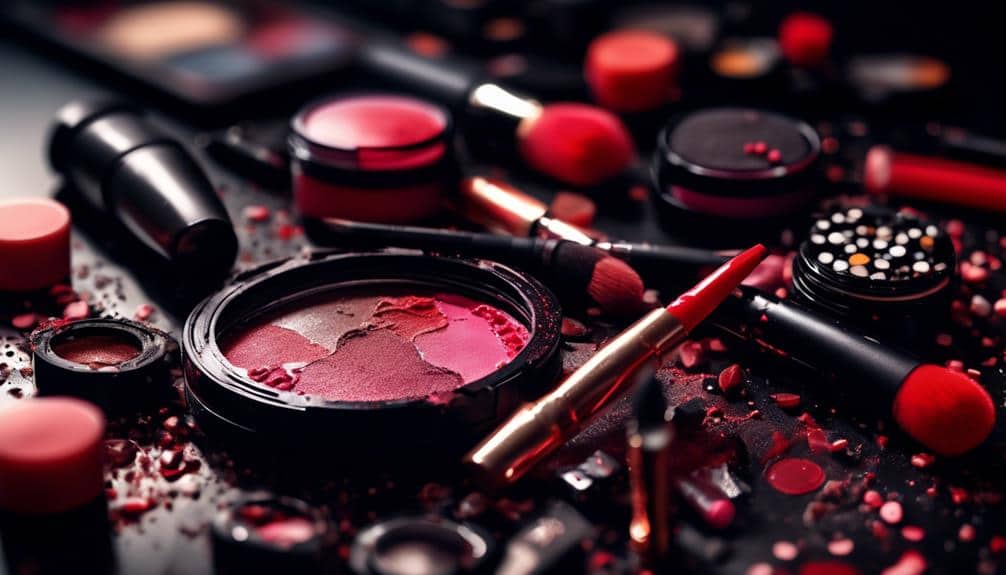
Several common ingredients in makeup can irritate your eyes, causing them to water as they try to protect themselves. You're not alone in this; it's a shared experience for many of us who cherish our beauty routines. Understanding what's in our products is key. It's about more than just the colors and the brand; it's about the safety and how it affects us.
Taking a closer look at ingredient labels on makeup can reveal a lot about its quality and how likely it's to be gentle on our sensitive eye area.
Sometimes, it's the preservatives or fragrances added to makeup that trigger this watery defense mechanism. Other times, it's specific ingredients like certain types of alcohol or even talc. Knowing this, you can make informed decisions, seeking out products labeled as hypoallergenic or made for sensitive skin, which often means they're formulated without those harsh irritants.
Feeling part of a community that understands the struggle with makeup quality and eye irritation can be comforting. Together, we can share tips, recommend products, and support each other in finding makeup that enhances our beauty without compromising our comfort.
Application Mistakes
You mightn't realize it, but the way you apply your makeup can also lead to those frustrating teary moments. It's a personal journey, finding the perfect way to enhance your beauty without causing discomfort. Often, we overlook simple mistakes that can significantly affect how our eyes react to makeup.
- Improper removal:
- Not thoroughly removing eye makeup can leave residue that irritates the eyes the next day.
- Use a gentle, oil-based remover for waterproof products.
- Ensure all makeup is fully removed before sleeping to prevent irritation.
- Makeup expiration:
- Using old or expired makeup can be a big no-no for your eyes.
- Mascara should be replaced every 3-6 months to avoid bacterial growth.
- Eyeshadows and eyeliners have a longer shelf life but should be monitored for changes in texture or smell.
Allergic Reactions
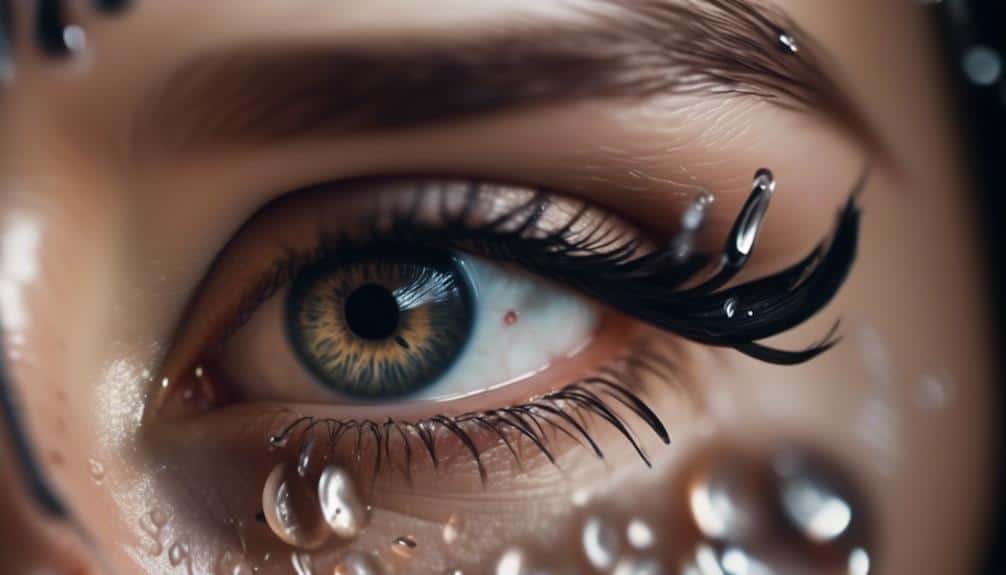
Beyond the mistakes in application and expiration dates, it's also crucial to consider that your watery eyes might be signaling an allergic reaction to your makeup. You're not alone in this; many people experience similar reactions, and it's a sign that your body is trying to tell you something important. This could be a case of contact dermatitis, an inflammation caused by direct contact with an allergen or irritant. It's like your skin is throwing up a red flag, saying, 'Hey, this doesn't work for me!'
Sometimes, it's not just about the makeup itself, but also how it interacts with other factors, like seasonal allergies. Imagine your body is already on high alert because of pollen in the air, and then your makeup adds another layer of irritation. It's a perfect storm for watery, irritated eyes.
Understanding this can make you feel less alone and more in control. Knowing that it's not just a random occurrence but a reaction to specific elements can empower you to make informed choices. It's about finding what works for you and embracing the journey towards a tear-free makeup experience.
Eye Sensitivity and Health
Many people don't realize that their watery eyes could be a sign of underlying eye sensitivity or health issues, rather than just an irritation from makeup. It's easy to overlook the connection between our daily makeup routine and the health of our eyes, but understanding this link is crucial.
You're not alone in this; it's a shared journey for many of us seeking comfort and solutions.
- Eye Sensitivity and Health:
- Contact lenses can exacerbate sensitivity, especially when combined with makeup. The particles can get trapped, causing discomfort or even infections.
- It's important to choose makeup that's labeled as safe for contact lens wearers.
- Regularly cleaning your lenses and replacing them as recommended can help mitigate this risk.
- Dry eye syndrome is another condition that can lead to watery eyes when wearing makeup. This paradoxical reaction occurs because your eyes are compensating for the lack of moisture.
- Using eyedrops approved for use with makeup can provide relief.
- Ensuring your makeup is free from irritants that can exacerbate dry eye symptoms is key.
Preventive Measures and Solutions
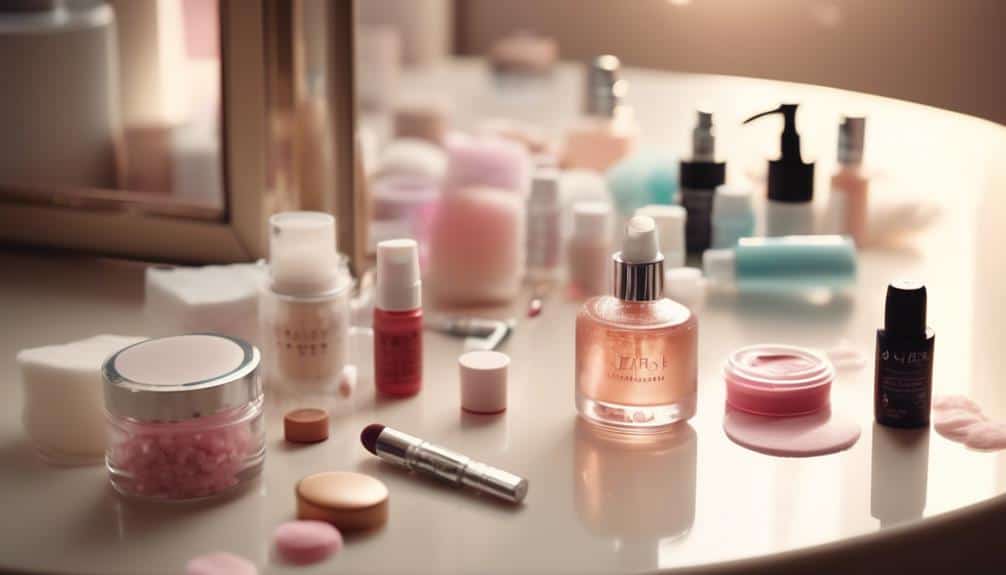
To protect your eyes and enhance your makeup experience, it's crucial to adopt a few preventive measures and find solutions that work specifically for you. Understanding product compatibility is your first step. Just like you, your skin and eyes are unique, and they deserve products that respect their sensitivity. Begin by choosing hypoallergenic makeup, designed to minimize the risk of allergic reactions. It's a small change that can make a big difference in preventing those watery eyes.
Hygiene practices play an equally important role. Old or contaminated makeup is often overlooked as a culprit for irritation. Regularly cleaning your makeup tools, from brushes to eyelash curlers, can significantly reduce the risk of introducing unwanted bacteria to your eyes. Make it a habit to check the expiration dates on your products; your eyes will thank you for it.

